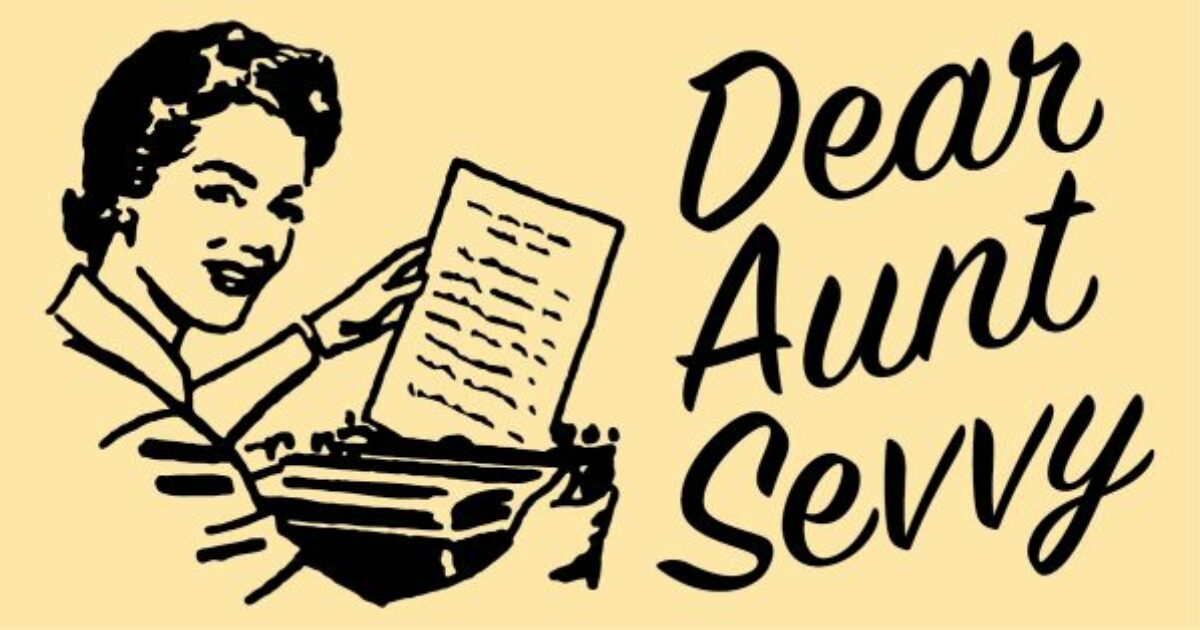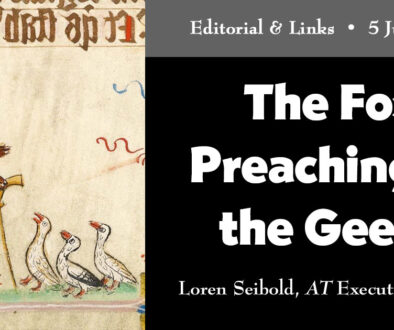What do you think is the most accurate English translation of the Bible?
8 July 2024 |
Dear Aunt Sevvy,
What do you think is the most accurate English translation of the Bible?
Signed, Bible Reader
Dear Reader:
Arthur S. Maxwell in his book Your Bible and You says that deciding on the best translation is “like choosing the winner in a beauty contest or the best performer in a talent program.” Everyone has an opinion, but the final selection is subjective.
The most accurate way to read the Bible would be in its original languages, but most of us won’t do that. We’ll have to rely on the good will of language scholars.
The reassuring fact: all of the major Bible translations are intended to accurately reflect the original Greek or Hebrew, while still being readable. (There a very few singular exceptions—Bibles written with an axe to grind—and you won’t find them in your Christian book store or on BibleGateway.) In all of the major translations, translators were mindful of accuracy: they were done by teams of scholars working together and correcting one another, so as to avoid what Peter called “private interpretation.”
That is true of the old standard, the King James Version (KJV) (which was quite readable in its day, though not anymore), as well as modern favorites such as the New International Version. The translating team meets you halfway: it requires some interpretation on the translator’s part, but also on the part of the reader.
There is another category of Bible where the original words aren’t translated as much as expressed in entirely new words, saying what the writer thought the text meant. An example of this is Eugene Peterson’s The Message. Here, the translator has done a lot of interpretation in favor of readability—which is why Eugene Peterson is careful to say that The Message is a personal paraphrase, not a strict translation. Aunty finds these kinds of Bibles helpful, too, as long as you know what they are, and what they aren’t.
As for modern or ancient English, Aunty sees nothing sacred about thees and thous. Read a Bible you can understand—the meaning of too many KJV words has changed. Also, don’t be afraid to compare various translations with one another; sometimes one is more enlightening than another.
Aunty agrees with Arthur Maxwell when he says,
“If your Bible happens to be a copy of the New Revised Standard Version or the New International Version or the Revised English Bible or the New Jerusalem Bible, or a ‘modern-speech translation’ by Weymouth, Moffatt, Goodspeed, or Phillips, or an old favorite like the Douay or the King James Version, never mind. Read on. Read all the versions you can obtain. You will find great good in every one of them.”
He adds, “But be sure as you read to keep listening for the voice of the Author.”
 Aunt Sevvy has collected her answers into a book! You can get it from Amazon by clicking here.
Aunt Sevvy has collected her answers into a book! You can get it from Amazon by clicking here.
You can write to Aunt Sevvy at DearAuntSevvy@gmail.com. Your real identity will never be revealed.




